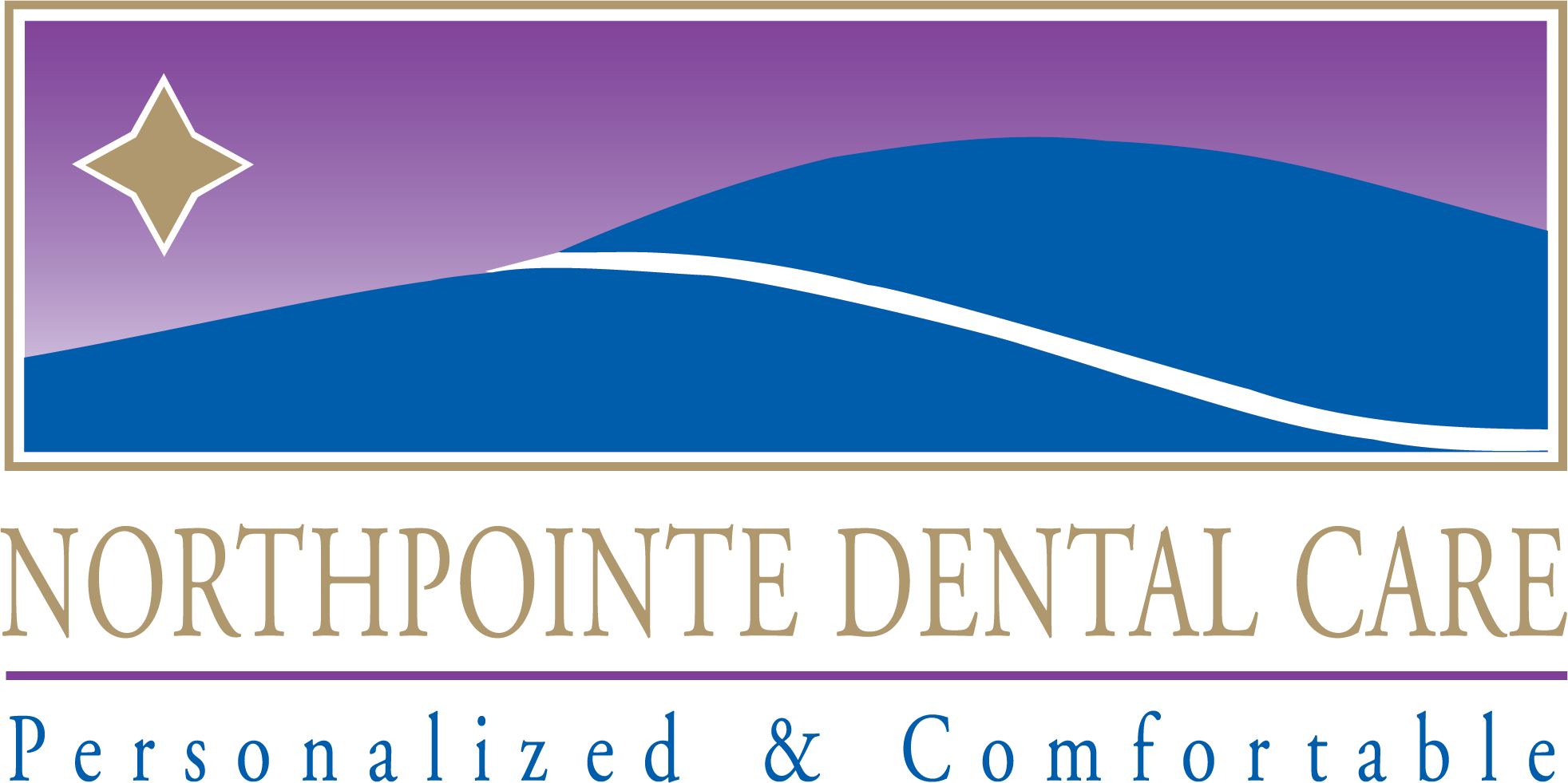Snoring is a common issue that affects millions of people worldwide. While it might seem like a minor nuisance, it can have significant implications for your overall health and the quality of your sleep. Fortunately, there are several strategies you can employ to stop snoring.
It’s also crucial to determine whether your snoring is connected to sleep apnea, a serious condition that requires medical intervention. At our dental practice, we work closely with sleep doctors to provide comprehensive care, including the use of custom sleep appliances from SomnoMed.
If you’re concerned you may have a sleep disorder, call us today at 763-200-5807 to schedule a consultation.
In the meantime, let’s explore some effective ways to combat snoring and discuss when a sleep appliance might be a better option than a CPAP machine.
5 Common Strategies to Stop Snoring
Before pursuing treatment, you can try these strategies, which may help stop – or at least lessen – your snoring:
- Lose Weight – Excess weight, especially around the neck, can put pressure on your airway and lead to snoring. Losing weight through a combination of diet and exercise can significantly reduce or even eliminate snoring for many individuals.
- Sleep on Your Side – Sleeping on your back can cause your tongue and soft tissues to collapse to the back of your throat, obstructing your airway and leading to snoring. Sleeping on your side can help keep your airway open and reduce snoring.
- Elevate Your Head – Raising the head of your bed or using an extra pillow can help keep your airway open by preventing your tongue and soft tissues from blocking your throat.
- Avoid Alcohol and Sedatives – Alcohol and sedatives relax the muscles in your throat, which can contribute to snoring. Avoiding these substances, especially before bedtime, can help reduce snoring.
- Maintain Good Sleep Hygiene – Establishing a regular sleep schedule and ensuring you get enough sleep can help reduce snoring. Fatigue can lead to deeper, more relaxed sleep, which increases the likelihood of snoring.
The Importance of Diagnosing Sleep Apnea
While snoring can be a standalone issue, it may be a symptom of a more serious condition known as sleep apnea. Sleep apnea is characterized by repeated interruptions in breathing during sleep, which can lead to severe health problems such as high blood pressure, heart disease, and stroke. If you suspect that your snoring might be related to sleep apnea, it’s essential to seek a professional diagnosis ASAP.
Our dentist collaborates with sleep doctors to help you get a comprehensive evaluation, if needed. If sleep apnea is diagnosed, we can work with SomnoMed to create a custom sleep appliance tailored to your needs.
Sleep Appliances vs. CPAP: When is an Appliance Better?
Continuous Positive Airway Pressure (CPAP) machines are a common treatment for sleep apnea. They work by providing a constant stream of air to keep your airway open. However, some patients find CPAP machines uncomfortable or difficult to use consistently. In those cases, a sleep appliance might be a better option.
Sleep appliances offer several advantages:
- Comfort and Convenience – Sleep appliances are custom-made to fit your mouth, making them more comfortable and easier to use than CPAP machines. They are also more portable, making them easier to take along while traveling. This ease of use tends to result in more consistent usage – which in turn leads to more successful treatment outcomes.
- Non-Invasive – Unlike CPAP machines, which require wearing a mask and being connected to a machine, a sleep appliance simply fits inside your mouth. Many people prefer this non-invasive approach – and so do their bed partners.
To stop snoring and address sleep apnea, take the first step by calling Northpointe Dental Care to make an appointment in Blaine, MN.




